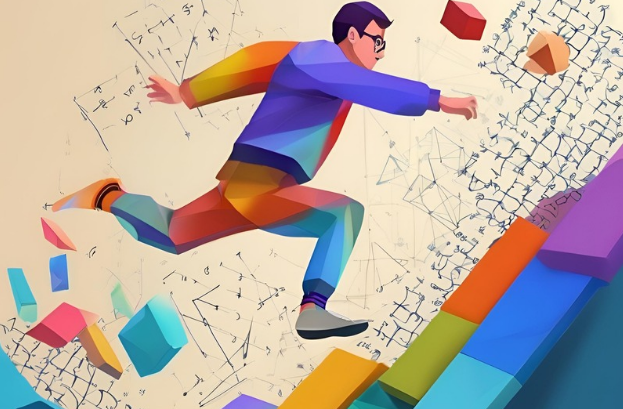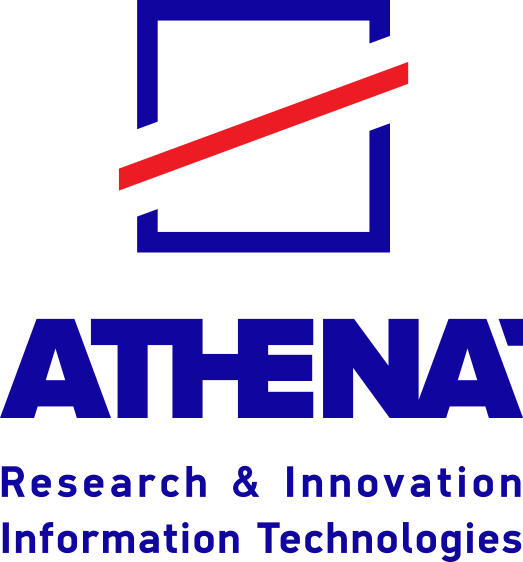LEAP: A Deep-Learning Framework Towards an Efficient and Adaptive AI Engine for Visual Perception

The LEAP project aims to lay out the algorithmic and mathematical foundations of a new framework for visual learning that harnesses the power of deep neural networks to develop the next generation of unsupervised, few-shot learning and continual learning approaches in the visual domain.
These methods should be able to generalize with much greater efficiency (i.e., from limited annotated data), to learn in a continual, incremental and open-ended fashion (leading to lifelong-learning agents) and to robustly adapt to the non-stationary world surrounding us, addressing in this manner some of the key shortcomings of existing deep learning-based approaches and bringing AI systems closer to the capabilities of human cognition. This could dramatically expand the deployment of AI in the real world, opening the way to new applications (with great societal and economic impact) in areas as diverse and critical as industrial automation and inspection, medical diagnosis and treatment, healthcare, autonomous driving and robotics. The scientific outcomes of the project can definitely lead to significant breakthroughs in the areas of computer vision, image analysis and machine learning, but, due to their fundamental and generic nature, they can also be the basis of ground-breaking technological advances in several other areas of AI.



